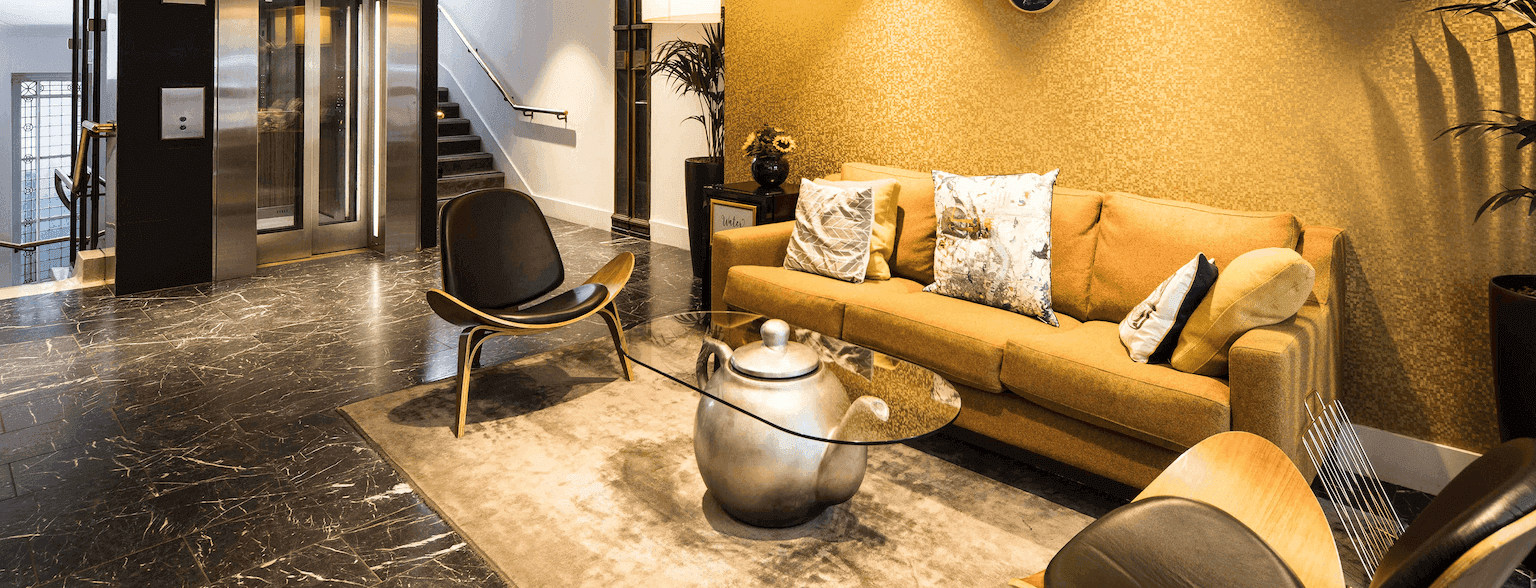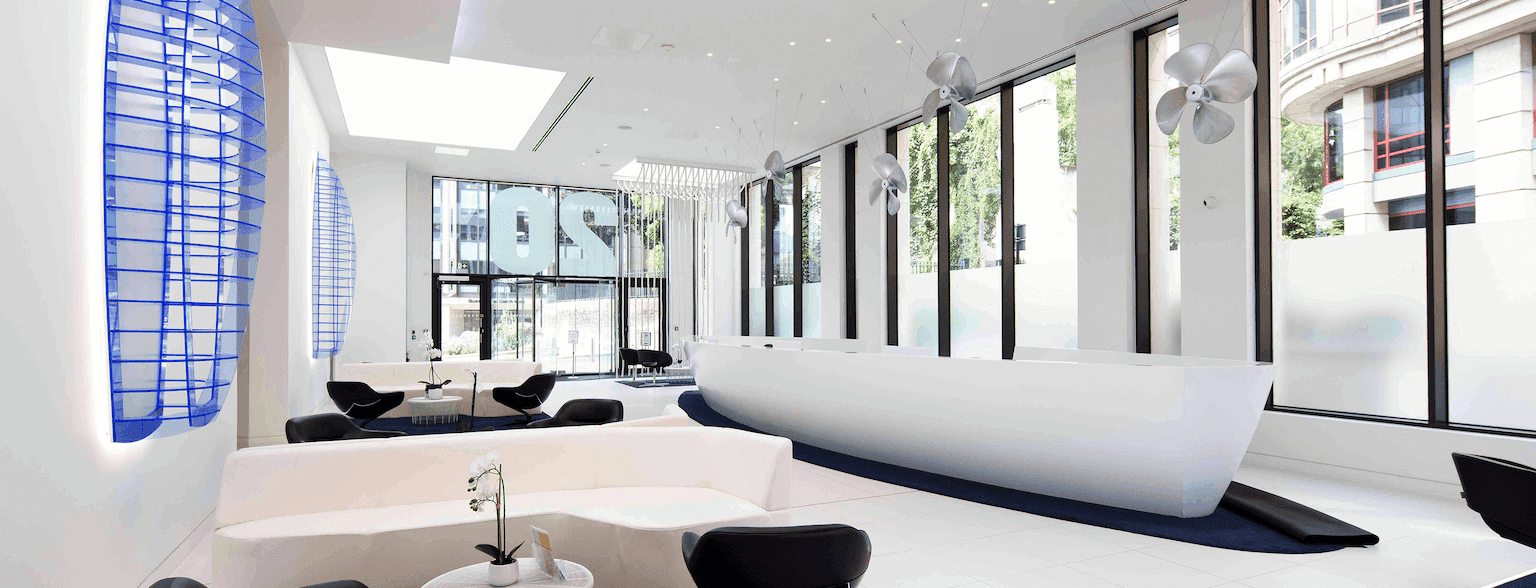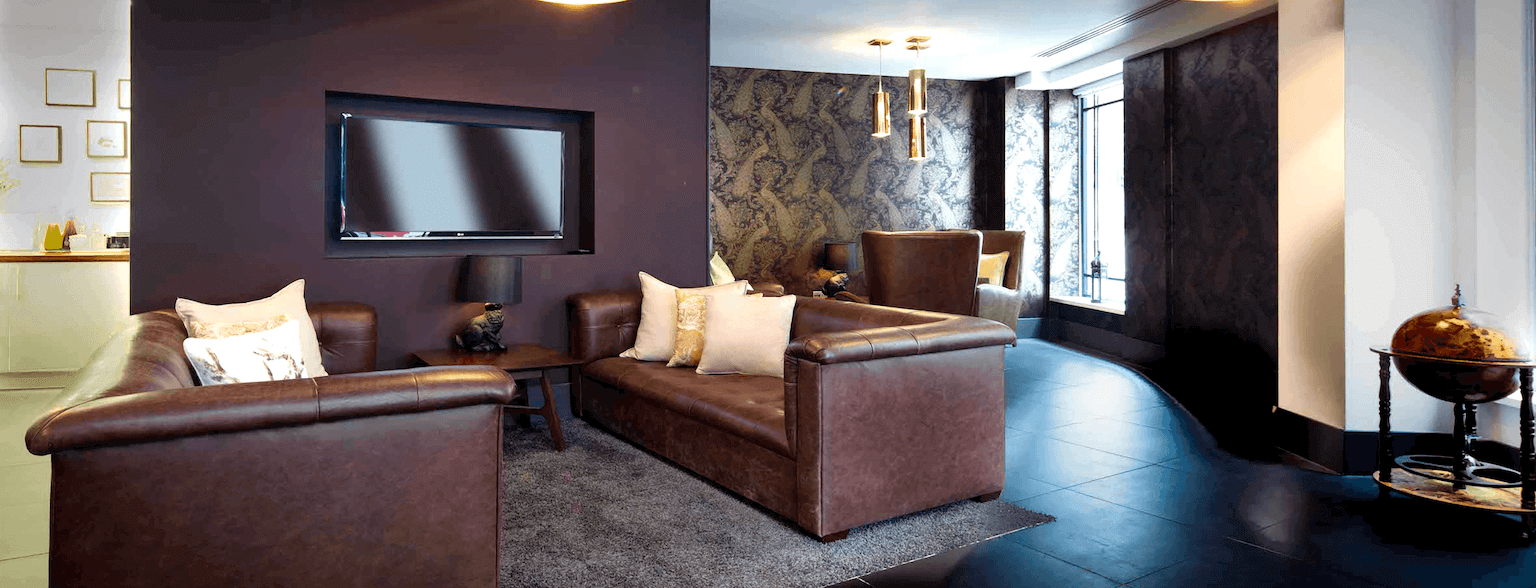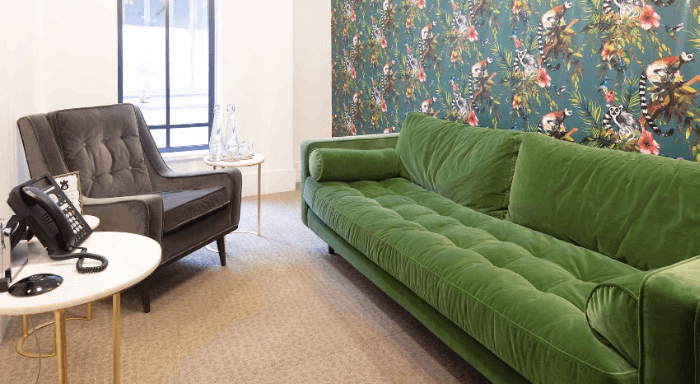Serviced Offices near me to rent
Why use a serviced office?
When is the right time to move your business? It is no less taxing a decision if you are working from the kitchen table, looking at the renewal of your lease or currently in a serviced office where the service is not excellent or they do not have space for you to expand.
Does your business have a clear growth strategy for the next five years? If so planning your next office move should be straightforward? Or is it? What happens if the economic outlook changes? What is your plan B if your growth strategy does not succeed? Is there any future that you can see where you may need to cut your business expenses to keep your business lean?
Taking a serviced office lease - what do I need to know?
A lease generally requires a commitment of three to five years. The longer you sign for the larger the potential rent free period you can negotiate with the landlord. However, rent-free periods are generally only available in times of economic uncertainty or if the space has been vacant for a while. Therefore, the fact that you can get a rent-free period should be a trigger for you to review your plan to rent office space on a lease basis carefully.
If you are not in a lease currently the upfront costs must be considered, a little like moving out of home for the first time. You will possibly have an agent find you the space and they will charge you a fee, you will have to engage a lawyer for the lease negotiations, you will be required to pay a deposit unless your business has a lot of cash in the bank and a strong balance sheet. The running costs of a leased office space are different to a serviced office, you will be required to pay your rent and service charge quarterly in advance on the quarter date which will probably fall in line with your VAT ¼ making it quite expensive! You have business rates payable to the local council which are currently running at around 48% of the rateable value. In London some areas rates have increased by 100%, these get reviewed every five years, 2017 is currently a review year. You will have to purchase or lease all of the necessary equipment and furniture for your new offices. If you have cash then purchasing is easy, if you wish to save your cash for more important aspects of your business, you may consider leasing. Leasing really helps your cash-flow, but, you will be committing to a monthly expense for three to five years (make sure you do it in line with your lease commitment! You don’t want to be paying for something that you are not using at the end of your lease!). You will be buying furniture, possibly partitioning the space to your specific needs, possibly decorating, kitchen and bathroom equipment, office equipment such as photocopiers, telephone system, internet lines, phone lines. Then you have the contracts required to run the space i.e. Health and Safety, cleaning, maintenance etc.
Office Space in Town can help you do a comparison between leased and serviced office space costs over the three to five-year period. This will really help you see the bottom line costs to your business.
What are my options if not leased office space?
You can look at sharing space with another company, either a supplier or client who you are closely aligned with culturally and commercially. This works well for some companies.
Co-working space. This covers a multitude of options which you can see discussed in more detail at How to choose co-working space.
Serviced offices. This flexible office space option has been around since the late 70s. Barrister’s chambers, however, are the original serviced office and have been around much longer; Barristers are self-employed but rent an office in a building that has a Clerk to assist them, all costs are equally shared out amongst the barristers each month. This is, in essence, the serviced office concept. The only real difference is that where the Chambers are not for profit, the majority of serviced office operators are. The non-profit organisations are called innovation centres and are run by either local councils or Universities.
When looking for serviced offices, you will be applying the same principles you used when searching for leased office space. So the key things will be size, office environment and external environment, location, term and price but now you can consider other things such as flexibility to expand and contract, availability of free meeting rooms, availability of chargeable meeting rooms, staff facilities, client benefits, other products available, quality of customer service, quality of property management, networking opportunities, resilience of IT services/infrastructure.
As the serviced office operator manages your entire office environment you need to dig a little deeper than the five areas you would have for a lease. Ask to speak to some of their clients for references, ask them when the last major property incident was and how it affected their current clients, ask when the last major communications infrastructure failure was and why, find out what their average length of stay is. If you are using a broker ask them what the reputation of this operator is within their industry. Purchasing a serviced office is no different to purchasing any other service it is about the quality of delivery! Remember it is a service which you are purchasing not a property deal because they are looking after your whole office environment. If you are ISO compliant the operator should have a document which answers all of your necessary questions. If you are not ISO compliant this list of questions is quite a good one to ask for!
Moving in!
Serviced office operators move clients in and out of their space all of the time. Therefore, they are good at it! This is a definite plus over leased space. You don’t move in and find that the water is not on, the internet isn’t working or your furniture hasn’t arrived etc. You literally move your computers in, set them up and you are back in business.
So, that means minimum interruption to your business. So, finally, we haven’t talked about the price! Serviced offices normally price their space by the desk. However, just to let you into a little secret it all comes back to sq ft! Some operators give a lot of space per desk and some don’t, some centres allow you to add another desk to your office at no cost – some don’t. The main areas of London have different pricing levels. Here is a Serviced Office Price Guide for the main areas of London: St Paul’s £650 to £700 per desk, The City £650 to £1,000
Serviced offices do not, as a rule, give rent-free periods. They will from time to time offer deals, a bit like Black Friday! This will be due to a commercial impediment. These deals will be things like; 13th month free, fixed 2nd-year renewal price, ramp up of pricing over a 12-month agreement for instance.
Pricing is negotiable to a degree but each centre will have their cut off point and they will be looking to recoup the discount somewhere, either by a longer licence agreement, higher IT costs or, if you renew for a second term, your fees will be a lot higher. Remember though that getting the best price does not ensure you the best service. Great negotiation is about a win-win outcome for both parties.
However, the pricing is only part of the equation, you need to look at everything as discussed above to make your decision. If you find an office for £550 per desk in the City there will be a reason:
- They have lots of space to sell so it is cheap - why?
- What happens on renewal will your price jump dramatically?
- Do they look after the office environment?
- Will it look tired and worn in six months?
- The staff that you met today, will they still be there in three months?
- Is their IT infrastructure resilient?
So, in summary, if your business strategy is bulletproof and there is no possibility of it not being achieved leased offices are for you. If there is the remotest chance that your strategy will need to be adjusted, then flexible office space in the form of serviced offices is the right solution for you.












